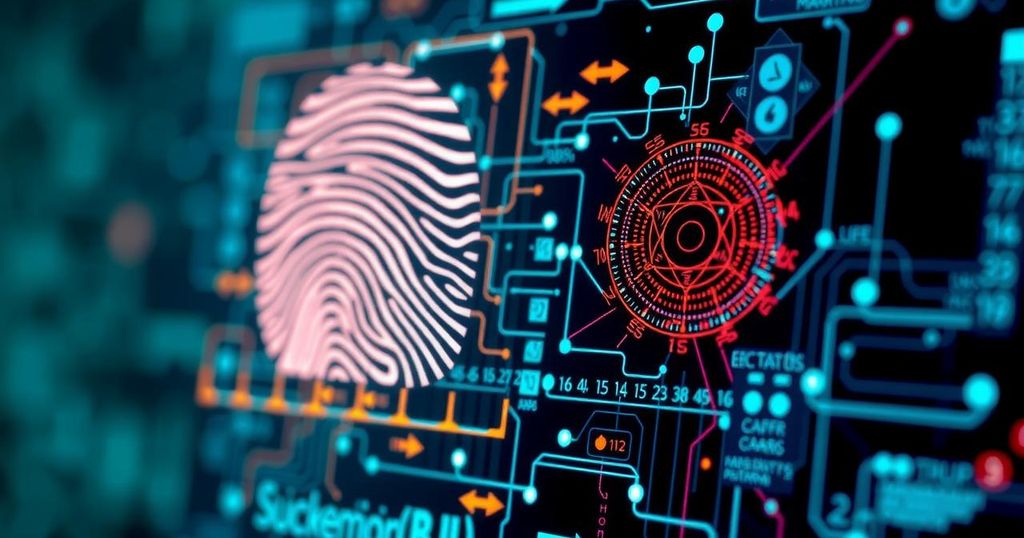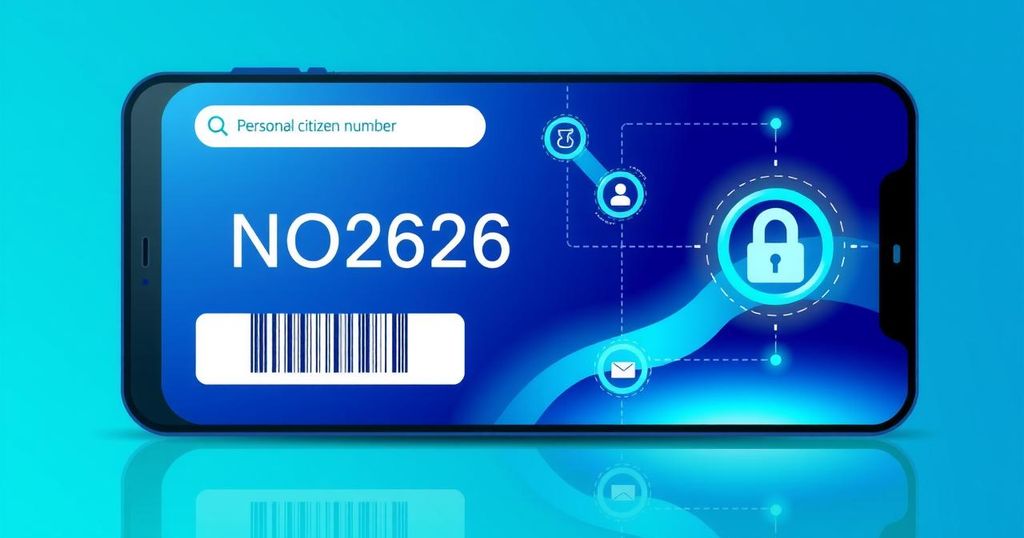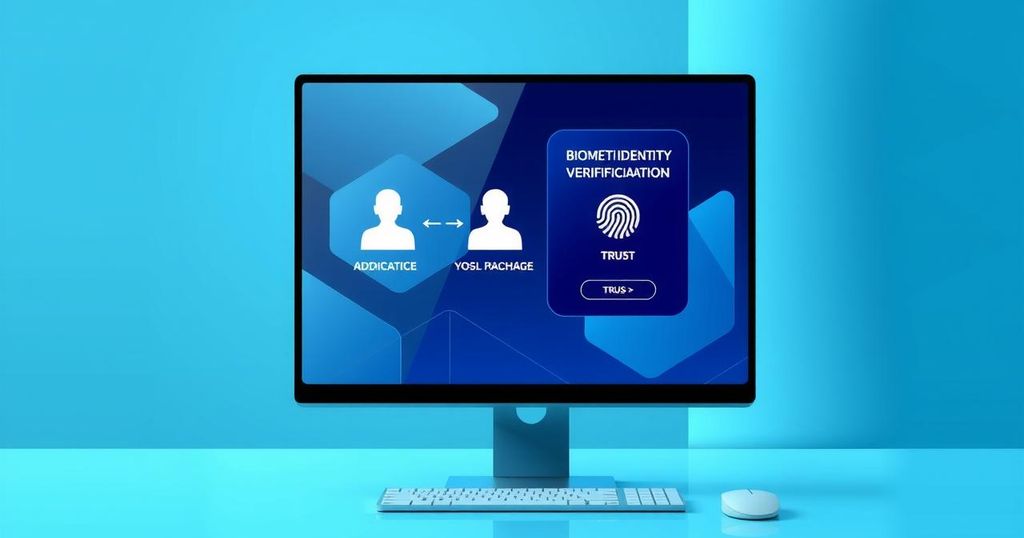Cabinet Louis Reynaud (CLR Labs) has launched the CLR Cert program aimed at enhancing testing for biometrics and digital identity. The initiative includes compliance assessments for biometric injection attacks, presentation attacks, and performance metrics, extending to EU digital identity wallets and remote verification standards. The program responds to surging security demands in an evolving digital landscape.
Cabinet Louis Reynaud (CLR Labs) has announced the launch of a comprehensive testing program focusing on biometrics, cybersecurity, and digital identity through its new CLR Cert program. This initiative is designed to ensure compliance with several critical standards, including Biometric Injection Attack Detection (IAD – CEN TS 18099), Presentation Attack Detection (PAD – ISO/IEC 30107), and biometric performance evaluation (ISO/IEC 19795). CLR Labs has been engaged in PAD standards compliance assessments since 2021, demonstrating its commitment to biometric security. Notably, it confirmed that Unissey met level 2 compliance of the PAD standard, while ME Group attained level 1 compliance for its ID document enrollment system. During an EAM Lunch Talk earlier this year, CLR Labs Director Kévin Carta elaborated on the finalized TS 18099 standard, which is currently pending final approval. Enhancing their offerings, CLR Labs also provides assessments for compliance with EU digital identity wallet standards (eIDAS 2.0), Qualified Trust Service Providers (QTSP), mobile driver’s licenses in accordance with ISO/IEC 18013, and mobile passports as per ICAO 9303 protocols. Additionally, remote identity verification processes can now be evaluated for compliance with Anti-Money Laundering regulations and eIDAS requirements. Since 2021, CLR has also been performing standards compliance assessments for remote identity verification in collaboration with the conformity assessment body LSTI. In terms of cybersecurity, the CLR Cert program expands its scope to include assessments for Information Communication Technology products (ICT) under the EN 17640 standard, as well as artificial intelligence compliance in relation to the forthcoming AI Act, NIS2, and the Cyber Resilience Act (CRA). Stéfane Mouille, managing director of the Louis Reynaud Cabinet, emphasized the urgency for compliance in a rapidly evolving digital landscape, stating that the CLR Cert initiative aims to address the increasing security and trust requirements of organizations.
The significance of biometric technology has surged alongside the digital transformation of identities and services. As businesses and governmental departments adopt biometric solutions for security and efficiency, the need for standardized compliance testing has become critical. Standards such as CEN TS 18099 and ISO/IEC 30107 provide benchmarks for detecting attacks against biometric systems and ensure the reliability of biometric data systems. As cybersecurity threats evolve and the digital economy grows, ensuring compliance to these standards enhances trust and integrity in digital identity solutions, thereby safeguarding financial and personal data.
CLR Labs has established a pivotal program centered on biometrics, which prioritizes compliance with rigorous standards. By facilitating assessments for various digital identification protocols, especially amidst growing cybersecurity threats, CLR Cert aims to bolster security trust for organizations operating in increasingly complex digital economies. The initiative represents a proactive approach to maintaining compliance and integrity in the landscape of digital identity management.
Original Source: www.biometricupdate.com





